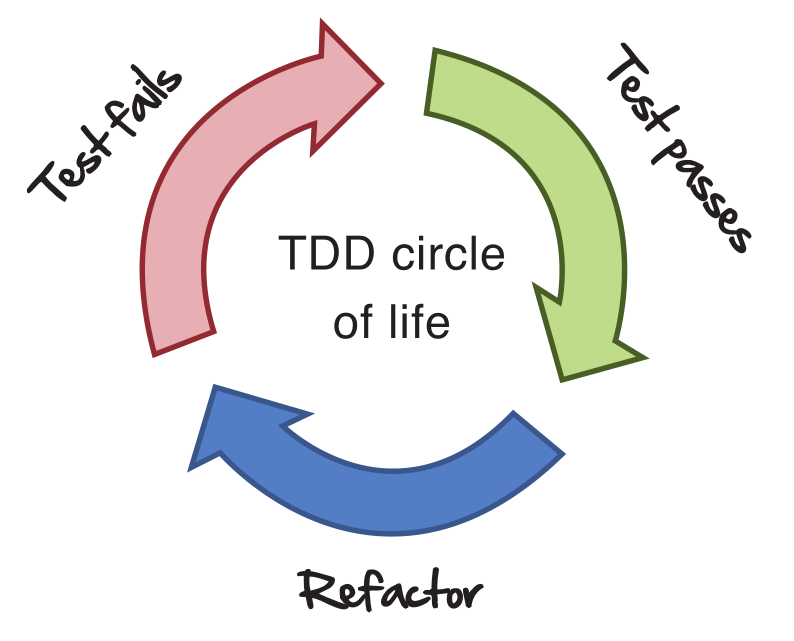// Boolsche Aussagen
$this->assertTrue(true);
$this->assertFalse(false);
// Gleichheit (entspricht ===)
$this->assertEquals(1, 0);
// Gleichheit (an Speicheradresse)
$this->assertSame(new stdClass, new stdClass);
// Leer?
$this->assertEmpty(array('foo'));
// funktioniert mit arrays und strings
$this->assertContains(4, array(1, 2, 3));
// spart die count() Funktion
$this->assertCount(0, array('foo'));
// größer, kleiner
$this->assertGreaterThan(2, 1);
$this->assertGreaterThanOrEqual(2, 1);
$this->assertLessThan(1, 2);
$this->assertLessThanOrEqual(1, 2);




